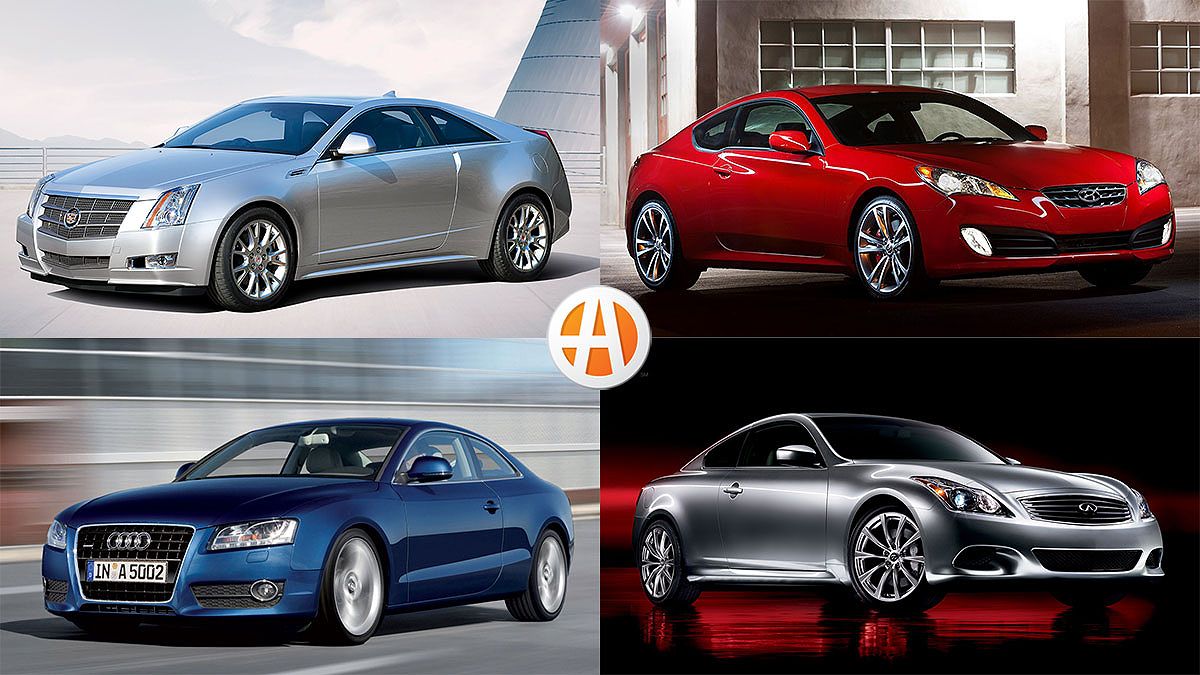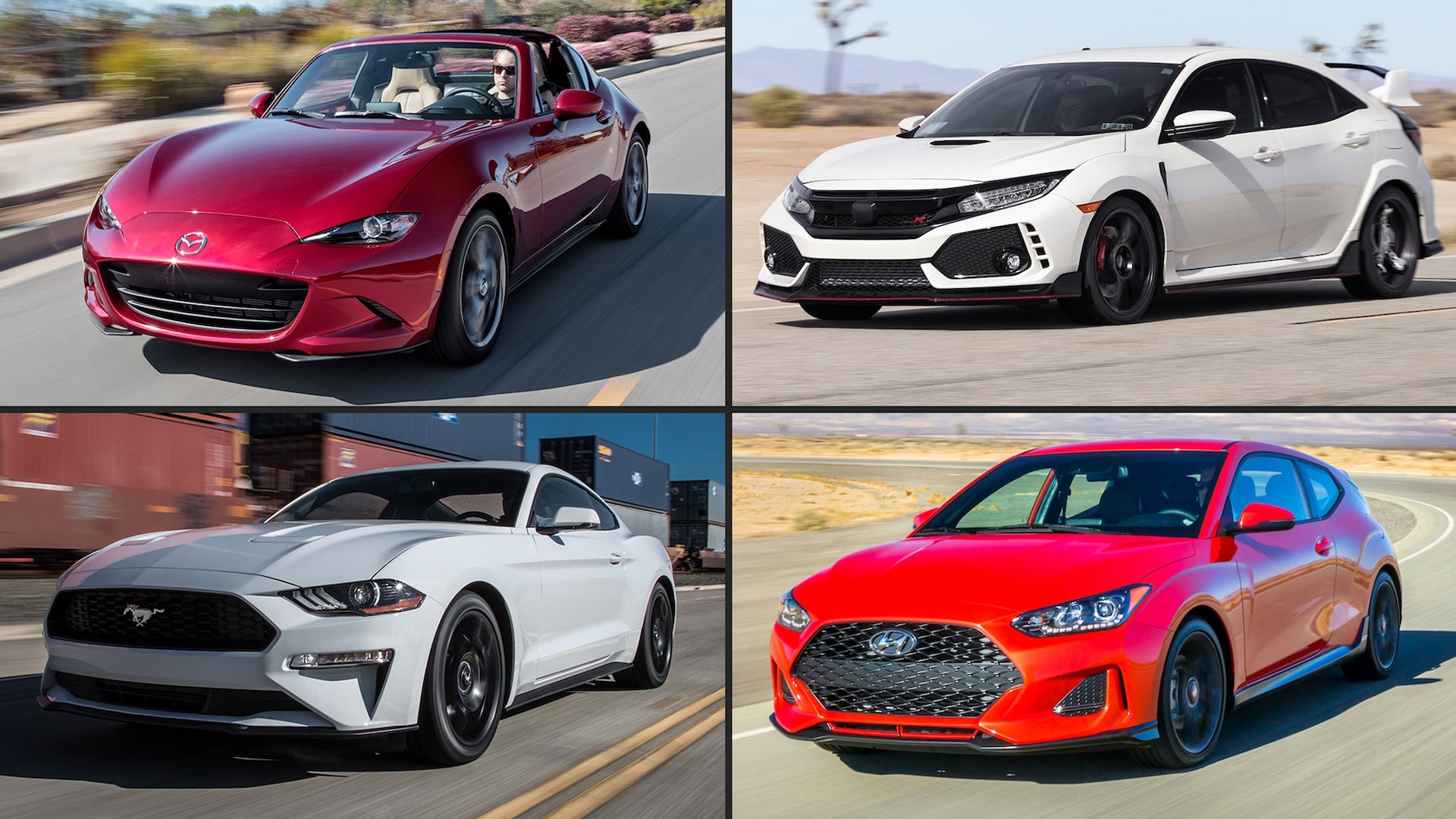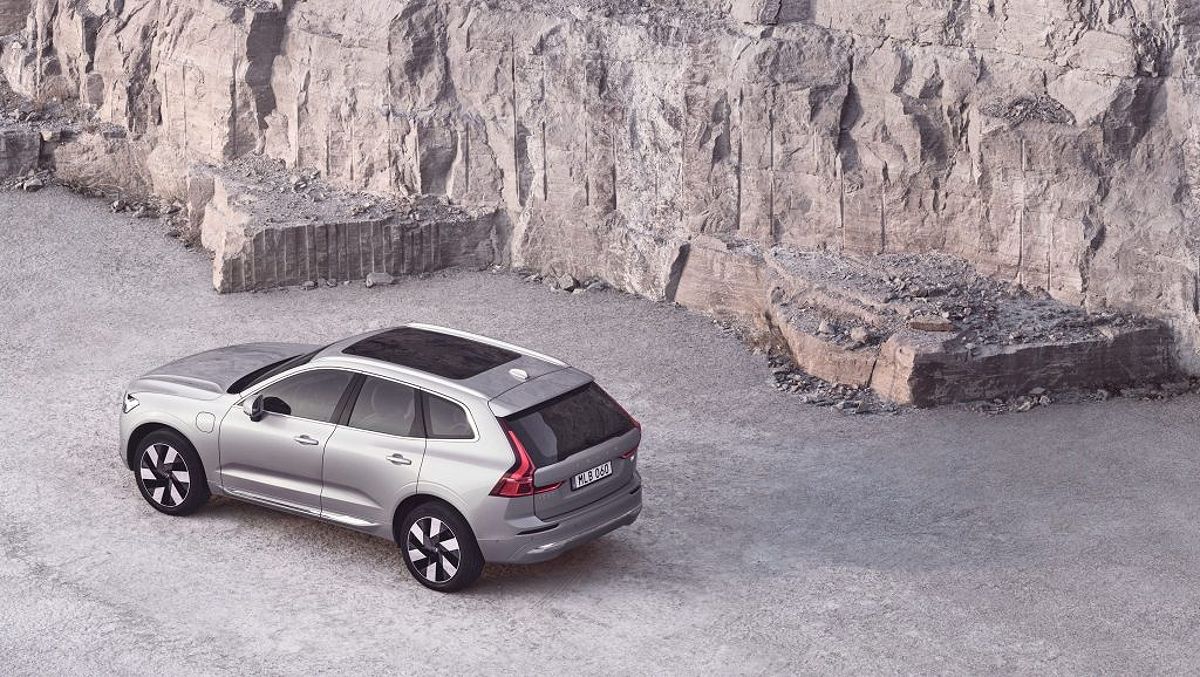What Is The Best Car For You?
Imagine stepping out of your door each morning, eagerly anticipating the drive ahead. What if your next car could seamlessly integrate with your lifestyle, fulfill your desires, and provide a truly exceptional driving experience? This is the essence of the question, what is the best car for you.
In a world where automotive options seem endless, the search for the ideal vehicle can feel overwhelming. However, with the right guidance, you can navigate this vast landscape and discover a car that aligns perfectly with your unique needs, preferences, and aspirations. Whether you prioritize performance, efficiency, technology, or family-friendly features, the best car is out there, waiting to be found.
This article will delve into the key factors that define the best car for you. We’ll examine the nuances of lifestyle compatibility, financial considerations, and cutting-edge features, empowering you to make an informed decision that truly reflects your individual requirements. Along the way, we’ll explore the strengths and target audiences of the most popular vehicle categories, providing you with a comprehensive understanding of the options available.
What is the Best Car for Your Needs
The concept of the “best car” is inherently subjective, as what may be considered the ultimate driving machine for one person may not fully meet the needs of another. As you embark on your car-buying journey, it’s essential to first define what “best” means to you.
Lifestyle and Usage
Your daily routines, family dynamics, and recreational activities will all play a crucial role in determining the best car for your needs. For instance, a growing family may prioritize spaciousness, safety features, and versatility, while a sports car enthusiast will likely focus on performance, handling, and driving excitement.
Consider your typical driving environment as well. Do you mostly navigate city streets, or do you frequently hit the highway? Are you looking for a car that can handle off-road adventures, or do you need something that excels in urban commuting? These considerations will guide you toward the right vehicle type.
Budget and Financial Considerations
Setting a realistic budget is a critical step in the car-buying process. Consider not only the initial purchase price but also ongoing expenses such as insurance, fuel, and maintenance. It’s crucial to account for these costs to ensure that your new vehicle fits comfortably within your financial means.
Exploring financing options like loans and leases can help you find the perfect balance between your desired features and your financial constraints. Many buyers benefit from getting pre-approved for a loan, which gives them a better idea of what they can afford and strengthens their negotiating position at the dealership.
Features and Technology
In today’s automotive landscape, cars are packed with a wealth of advanced features and cutting-edge technologies. From infotainment systems and driver assistance aids to fuel-efficient powertrains and innovative safety measures, it’s important to research and prioritize the features that matter most to you.
For example, if safety is your top concern, you may want to look for vehicles equipped with advanced driver-assistance systems (ADAS) like automatic emergency braking, lane-keeping assist, and adaptive cruise control. If you frequently take long road trips, features like a comfortable seating arrangement, ample cargo space, and a robust infotainment system can significantly enhance your driving experience.
Top Car Categories and Their Strengths
As you navigate the car-buying journey, it’s helpful to understand the key characteristics and target audiences of the most popular vehicle categories.
Sports Cars
For those seeking the ultimate driving thrill, sports cars offer unparalleled performance, exceptional handling, and a pulse-pounding driving experience. Models like the Porsche 911, BMW M2, Lotus Emira, and Chevrolet Corvette deliver blistering acceleration, razor-sharp reflexes, and an adrenaline-fueled behind-the-wheel sensation. However, their focus on performance may come at the expense of practicality and affordability.

Sports cars are typically designed for enthusiasts who value speed and handling over everyday usability. These vehicles often feature powerful engines, lightweight materials, and precise steering, making them a joy to drive on winding roads or racetracks. However, potential buyers should consider the limited cargo space and reduced comfort for passengers, especially on longer journeys.
SUVs
Sports utility vehicles (SUVs) have become increasingly popular, catering to buyers who prioritize spaciousness, versatility, and, in some cases, off-road capability. Vehicles like the Toyota RAV4, Honda CR-V, Ford Bronco, and Jeep Wrangler offer generous cargo and passenger room, available all-wheel drive, and a commanding driving position. While SUVs excel in utility, they may compromise on fuel efficiency and agile handling compared to their smaller counterparts.

SUVs are an excellent choice for families or those who need to transport multiple passengers regularly. They often come with a higher driving position, which can provide better visibility on the road. Additionally, many modern SUVs come equipped with advanced safety features and infotainment systems, making them a well-rounded choice for today’s drivers.
Sedans
For those seeking a balance of comfort, efficiency, and affordability, the sedan category is a perennial favorite. Models such as the Toyota Camry, Honda Accord, Mazda 3, and Hyundai Sonata provide a smooth, refined driving experience and often deliver impressive fuel economy. While sedans may not offer the same level of cargo space and passenger room as SUVs, they remain a practical and accessible choice for many car buyers.
Sedans are generally lighter and more fuel-efficient than their SUV counterparts, making them an ideal choice for daily commuters. Their lower center of gravity typically translates to better handling and stability on the road. Moreover, sedans often come with a variety of engine options, allowing buyers to select a model that suits their performance preferences.
Electric Vehicles (EVs)
The rise of electric vehicles has introduced a new era of environmentally friendly, high-performance, and cost-saving transportation options. EVs like the Tesla Model 3, Nissan Leaf, and Chevrolet Bolt offer impressive ranges, instant acceleration, and reduced fuel and maintenance costs. As the EV charging infrastructure continues to expand and battery technology improves, these zero-emission vehicles are becoming an increasingly viable choice for a growing number of car buyers.
Electric vehicles are particularly appealing to environmentally conscious consumers who want to reduce their carbon footprint. Many EVs also come equipped with the latest technology, including advanced infotainment systems and autonomous driving capabilities. Additionally, various government incentives may help offset the cost of purchasing an EV, making them an attractive financial option.
Finding the Best Car for You
With a clearer understanding of your needs and the strengths of different vehicle categories, it’s time to embark on your car-buying journey and find the perfect match.
Research and Comparison Tools
Leverage reputable online resources to research and compare various models. Websites dedicated to automotive reviews often provide in-depth analyses, expert opinions, and user reviews, giving you a comprehensive understanding of each vehicle’s strengths and weaknesses. Look for side-by-side comparisons to evaluate how different models stack up against one another.
Additionally, consider visiting automotive shows or expos, where you can see various models in person and speak directly with manufacturers and dealers. This firsthand experience can be invaluable in helping you narrow down your options.
Test Drives and Dealer Visits
Nothing beats the experience of getting behind the wheel and test-driving potential candidates. Schedule appointments with local dealerships to test drive multiple vehicles, paying close attention to how they handle, their comfort level, and the integration of your desired features. Don’t be afraid to ask questions and express your specific needs to the sales team.
During test drives, take the time to assess the visibility, ease of use of controls, and overall comfort of the vehicle. Consider bringing along family members or friends who can provide additional perspectives on the car’s suitability for your needs.
Negotiating Price and Financing
Once you’ve narrowed down your options, it’s time to negotiate the best possible price and explore financing alternatives. Research the fair market value for your desired model, compare loan rates from various lenders, and understand the terms of any financing agreements before making your final decision.
When negotiating, be prepared to walk away if the deal doesn’t meet your expectations. Having a clear understanding of your budget and what you’re willing to pay can empower you during the negotiation process. Additionally, consider discussing trade-in options if you have an existing vehicle to sell, as this can further reduce your overall costs.
FAQ
Q: What are the best car brands?
A: The “best” car brand ultimately depends on your individual needs and preferences. Some of the most reputable and reliable brands include Toyota, Honda, Subaru, Hyundai, and Kia, but there are many other excellent options to consider based on factors like reliability, performance, safety, and value for money.
Q: How often should I get a new car?
A: The optimal time to purchase a new car varies based on your financial situation, the condition of your current vehicle, and your personal preferences. As a general guideline, most experts recommend replacing a car every 5-7 years or when it reaches around 100,000 miles, but this can vary widely depending on individual circumstances.
Q: What are the best car insurance companies?
A: The “best” car insurance company is highly dependent on your location, driving history, coverage needs, and personal preferences. It’s essential to compare quotes from multiple providers to find the one that offers the best combination of coverage, customer service, and competitive rates.
Q: How can I determine if a car is reliable?
A: To assess a car’s reliability, research its history through reviews, consumer reports, and reliability ratings from trusted sources. Look for information on common issues reported by other owners and consider the manufacturer’s reputation for building durable vehicles.
Conclusion
The search for the “best car” is a highly personal journey, one that requires careful consideration of your unique needs, priorities, and budget. By defining what “best” means to you, understanding the strengths of different vehicle categories, and utilizing the right research and comparison tools, you can confidently navigate the automotive landscape and find the perfect ride to suit your lifestyle.
Ultimately, the “best car” is not a one-size-fits-all solution, but rather the vehicle that seamlessly integrates with your driving habits, financial constraints, and personal preferences. Whether you prioritize performance, safety, fuel efficiency, or technology, taking the time to evaluate your options will lead you to a car that enhances your daily life and meets your expectations.
As you embark on this exciting journey, remember that the “best car” for you is the one that resonates with your identity, aligns with your lifestyle, and brings a sense of joy and fulfillment to your daily driving experience. By staying true to your needs and embracing the wealth of options available, you’ll soon find the perfect companion to take you on the road ahead.



